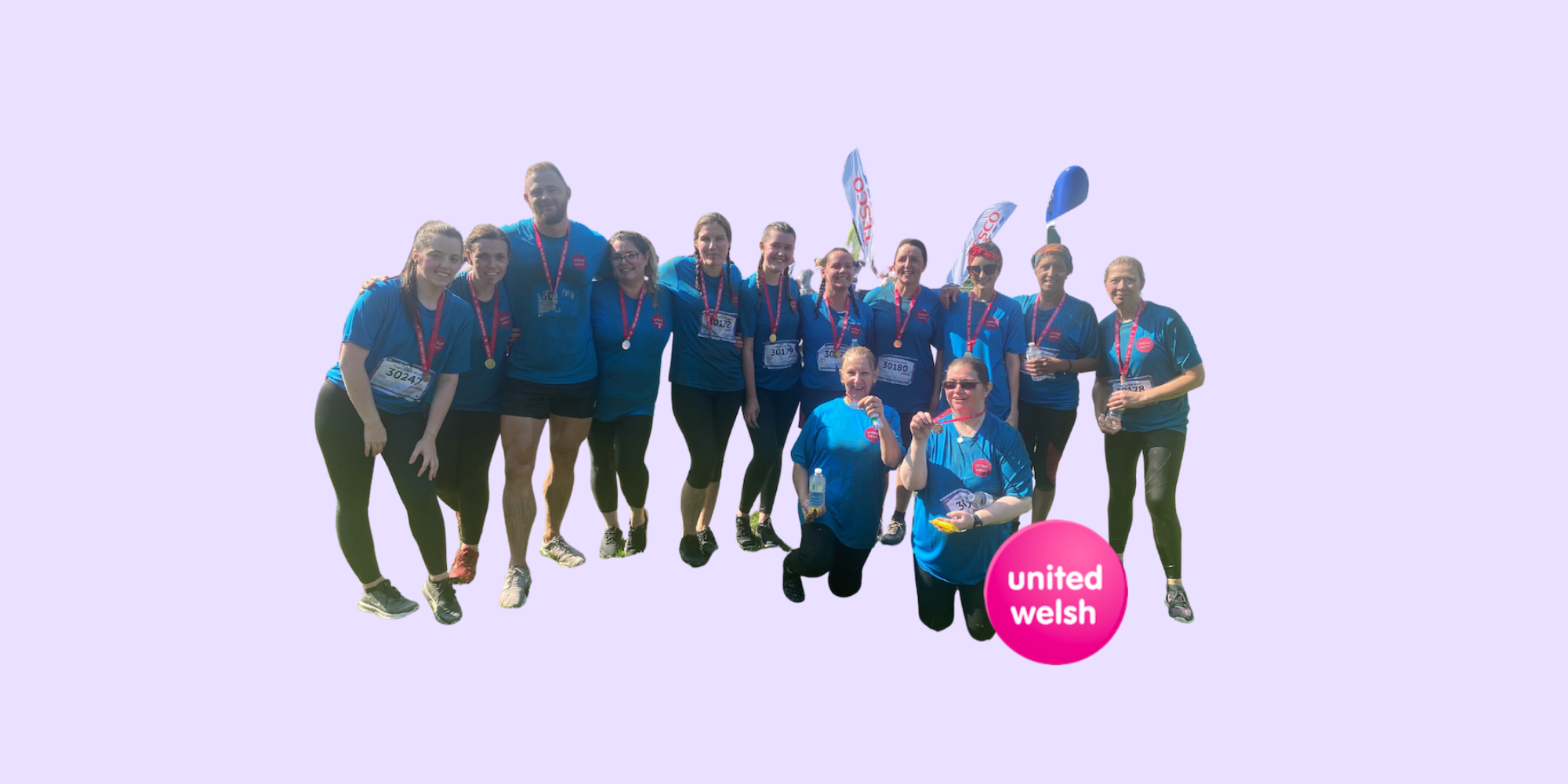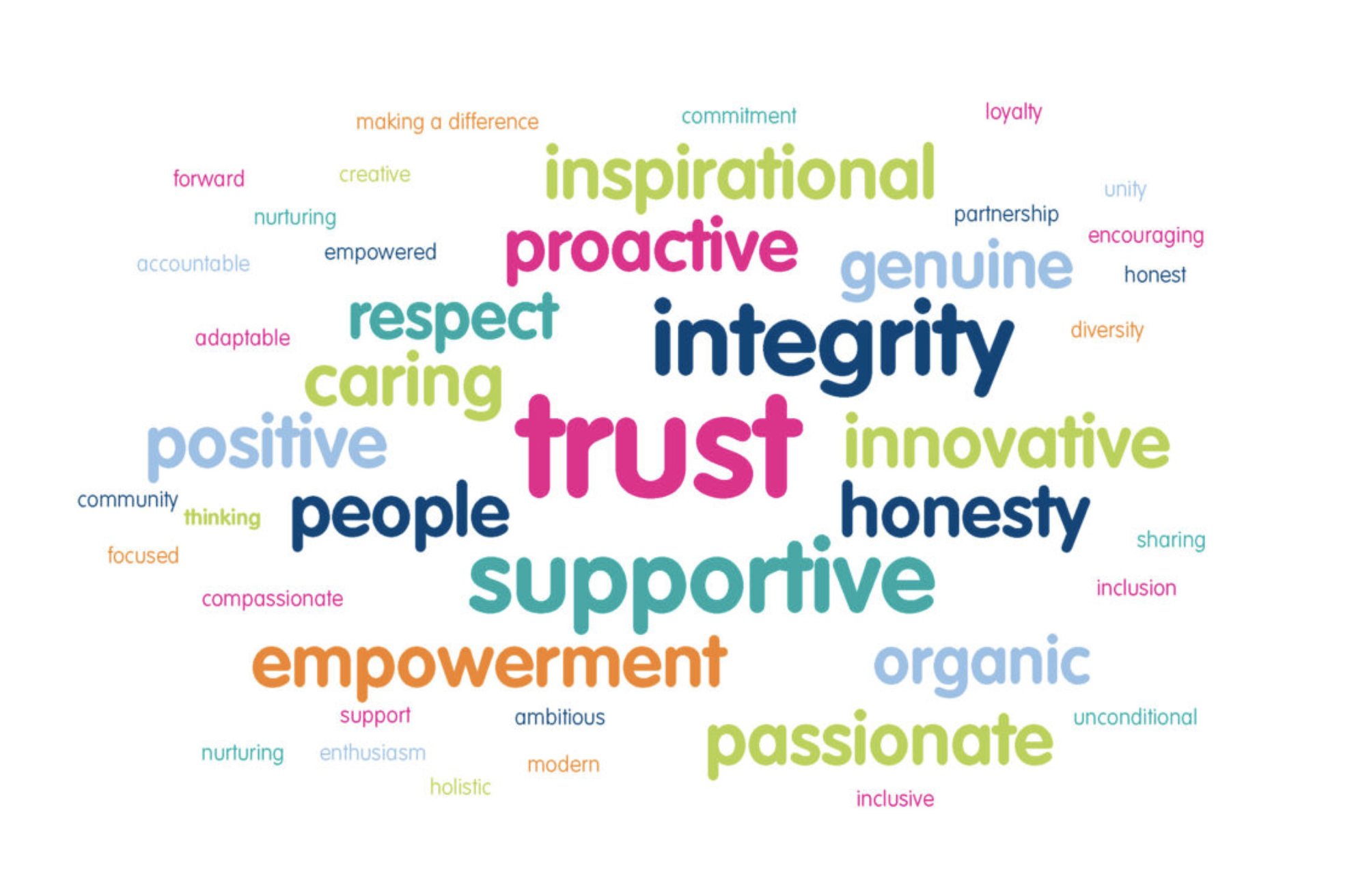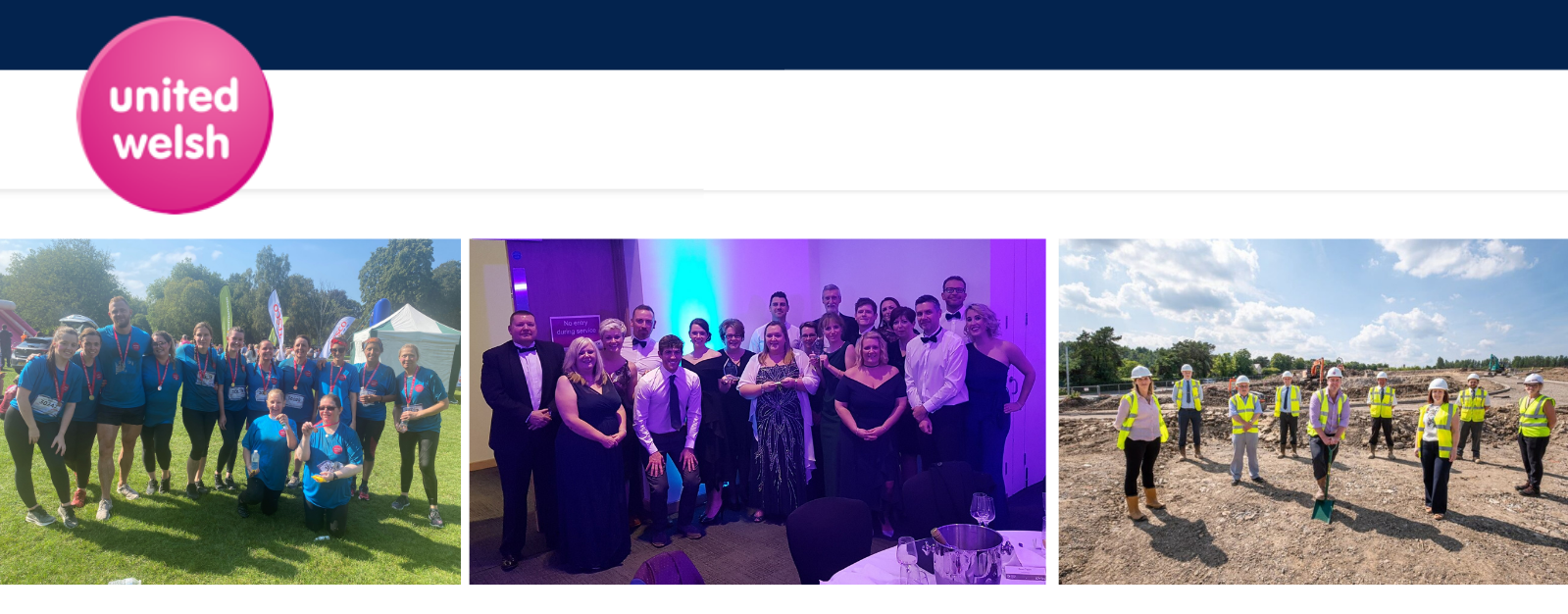What are some of the challenges that lay ahead when attracting talent for housing, and how does culture help play a part to attract the right applicants?
You can develop skills, but behaviours are inherent in us. When we are hiring we look for people who can positively contribute to the culture; it doesn’t necessarily matter what their background is.
Culture doesn’t just kick in when a candidate hits apply. It’s how you build rapport beforehand, it’s how you ensure you’re accessible. It’s giving people the context and insight into what it’s actually like to join the team.
That’s why we love asking our teams to use review sites, such as GlassDoor and LinkedIn, to share their authentic experiences of working with us.
I recently likened using these review sites to when you go out for a nice meal, more often than not, you’ll likely first research the restaurant and check the reviews or ask your friends if they’ve been and what they think. It’s no different when you’re considering joining a company.
Sometimes people can be a bit wary of asking their teams to use these review sites but we openly encourage it. We trust our people. We know that sometimes you’re not going to get a glowing recommendation - but it’s all-important in achieving authenticity.
Another challenge is finding new ways to reach people with different backgrounds and skill-sets. That means going further than the usual methods. Our Communications team recently created a TikTok campaign to advertise a comms role we were recruiting for. The engagement was amazing.
Since then, Claire, who ran the campaign and Lauren, the lovely person who landed the role have been invited to speak on podcasts about thinking differently. This approach won’t work for every role, but it’s the learnings you take from it in how we can think differently to attract people in a candidate-driven market. That’s the great part.
Is it possible to measure the impact your employer brand and wider recruitment project work is having on your culture?
We measure it by what we are physically seeing in the workplace.
Engagement will always be the baseline. We’ve noticed there’s been a progressive shift in individual autonomy. We’ve seen a change in the levels of confidence people have when making decisions. We are able to have big conversations at United Welsh and that’s because we’ve created this environment where people feel safe to share.
Another way is to collect feedback outside of the usual places. For example, we proactively ask for feedback during the onboarding process by means of our new starter insights.
It’s about authenticity and doing things differently after all.





